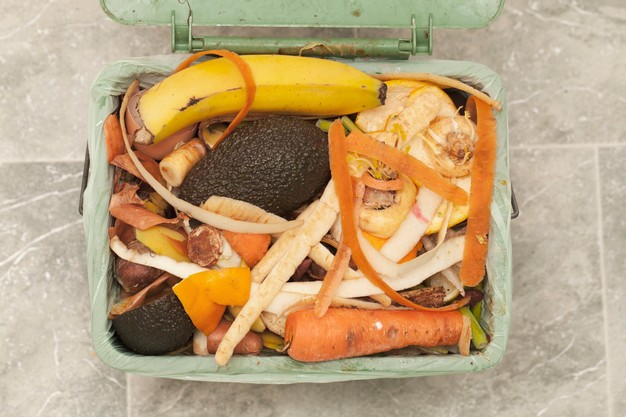
According to an analysis from the Food Waste Reduction Alliance, only 17% of restaurants compost leftover food. Given that food waste is often the largest cost in a restaurant, there can be monetary.
In fact, this video created by the National Restaurant Association reveals that more money is spent on food waste than any other waste!
What is Composting?
Composting food waste ensures that it biologically decomposes into a nutrient-rich material. This process transforms food waste into an organic material that can be used as a mulch or compost.
Why is Composting Important?
A lot of the food waste that is sent to landfills could easily be composted. Environmentally, it makes sense to use waste for something useful, such as building healthy soil for future fruit and vegetables.
What Does Composting Do for the Environment?
Every year, limited landfill space continues to decline. Composting is one way to resolve this challenge.
Actually, here are some ways that composting directly benefits the environment:
Reduces the use of chemical fertilizers
Facilitates greater production of agricultural crops
Helps prevent pests and plant diseases
Provide cost savings by reducing waste hauling expenses while generating nutrient-rich organic material
How to Get Started with Composting in Your Restaurant
Choose your tools
Create a collection bin. A rake or shovel may be needed to sift the compost pile for proper breakdown of the organic materials.
These materials include:
- Fruits and vegetables
- Eggshells
- Nutshells
- Coffee grounds and filters
- Paper products
Place the container in your waste disposal area outside of your restaurant
This can be on your back dock or wherever you currently store waste.
Get in contact with a waste hauler or company that specializes in composting
The composting movement is growing. There are many organizations that are making composting easy. You can check to see if a composting company is available near you.
So, Why Isn’t Everyone Composting?
Recycling food waste is easier said than done. Restaurants must consider factors such as food safety concerns, local laws, and food storage and transportation. Storing food waste for long periods of time can attract pests.
Recycling is also difficult for restaurants. Many areas of the country lack composting infrastructure, as well as few economic incentives to compost. This is unlike cooking oil recycling, which is used for conversion to biodiesel.
However, by implementing a simple system where you compost while meeting regulations, your restaurant will help contribute to a great cause that saves on the environment. And your patrons will appreciate that!
Save on the Environment…and Your Bill
At GWT2Energy, we specialize in helping restaurant owners and managers save on their utility bill and maximize profits. In fact, we have the time and the expertise to lower your energy and drive greater savings to your business.



